
https://mariusmercier.github.io

If someone knows that Venus is the only planet in the Solar System that rotates clockwise, will they also know what Earth’s only natural satellite is? What about which planets have no moons at all?
Core idea: poverty can shift psychology, so the same intervention won’t work the same for everyone.
Thread 🧵
Core idea: poverty can shift psychology, so the same intervention won’t work the same for everyone.
Thread 🧵
aman.bh/blog/2025/tw...




aman.bh/blog/2025/tw...
If someone knows that Venus is the only planet in the Solar System that rotates clockwise, will they also know what Earth’s only natural satellite is? What about which planets have no moons at all?

If someone knows that Venus is the only planet in the Solar System that rotates clockwise, will they also know what Earth’s only natural satellite is? What about which planets have no moons at all?
I also discovered some interesting papers that I missed :)

I also discovered some interesting papers that I missed :)

📃 authors.elsevier.com/a/1lo8f2Hx2-...

Most of us struggle w/ work-life balance. Long before the existence of long commutes and busy calendars, our ancestors lived as hunter-gatherers (HGs). Do HGs have more free time? @adigitaltanay.bsky.social discusses this & much more with Mark Dyble
tinyurl.com/y6hd8ur5
(1/2)

Most of us struggle w/ work-life balance. Long before the existence of long commutes and busy calendars, our ancestors lived as hunter-gatherers (HGs). Do HGs have more free time? @adigitaltanay.bsky.social discusses this & much more with Mark Dyble
tinyurl.com/y6hd8ur5
(1/2)
A 🧵
EP #1 | @hugoreasoning.bsky.social recommends
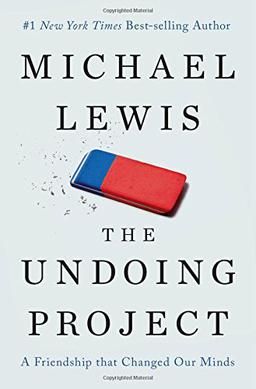
A 🧵
EP #1 | @hugoreasoning.bsky.social recommends
Looking forward to discussing and meeting new people :)
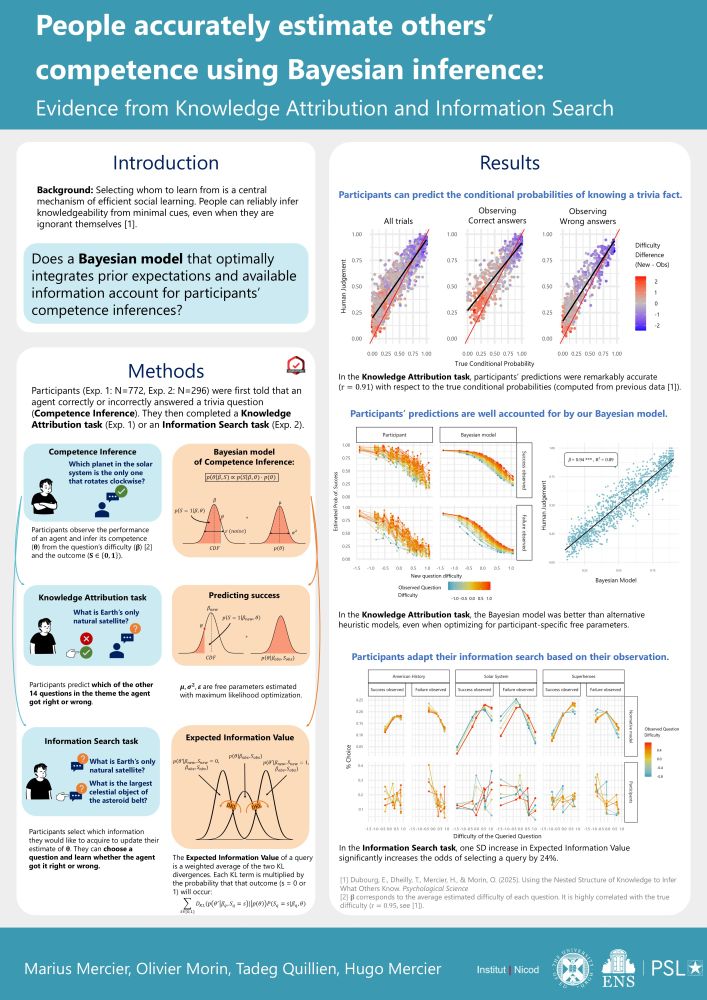
Looking forward to discussing and meeting new people :)
It's definitely not a good time management strategy to create new plot for each talk, but it's a lot of fun!

It's definitely not a good time management strategy to create new plot for each talk, but it's a lot of fun!
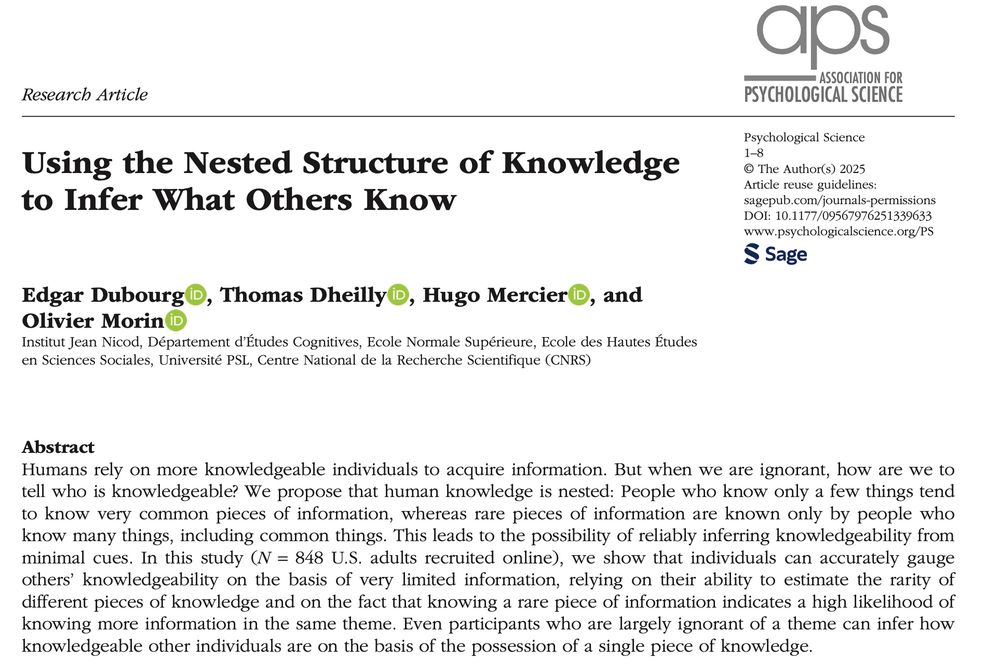
We had the chance to speak with a fascinating guest, and I was especially intrigued by our discussion on the hidden challenges the brain creates when designing hearing aids.
Give it a listen, it’s accessible to non-specialists!
Two people can hear different things when listening to the same sound (see 🧵): how does our auditory system really work? Cindy & @mariusmercier.bsky.social discuss this and much more with Daniel Pressnitzer
shorturl.at/w6Y0w

We had the chance to speak with a fascinating guest, and I was especially intrigued by our discussion on the hidden challenges the brain creates when designing hearing aids.
Give it a listen, it’s accessible to non-specialists!
www.science.org/content/arti...
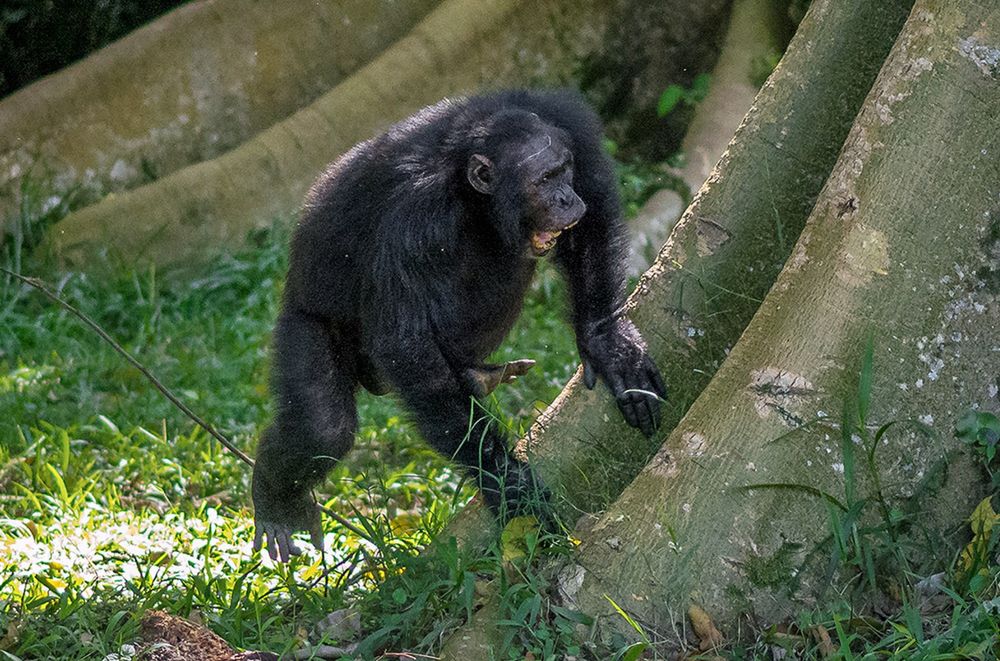
www.science.org/content/arti...
Main finding: people have a robust expectation that agents who feel empathy are more likely to help, especially when helping is costly.
quillienlab.github.io/Horner%20et%...

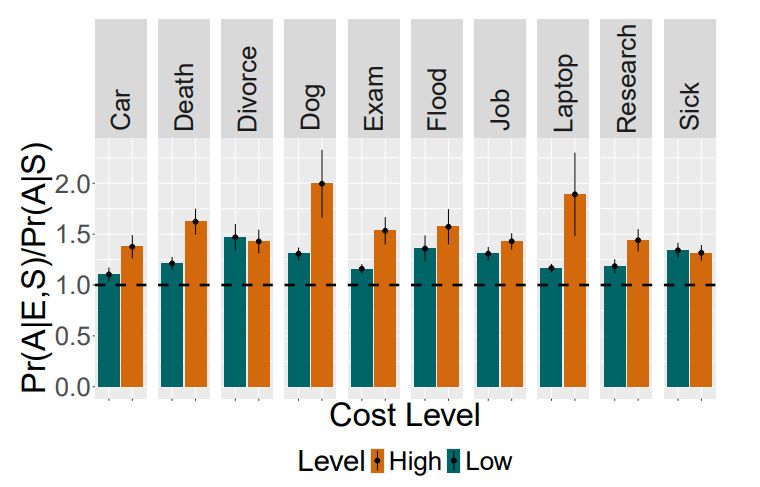
Main finding: people have a robust expectation that agents who feel empathy are more likely to help, especially when helping is costly.
quillienlab.github.io/Horner%20et%...
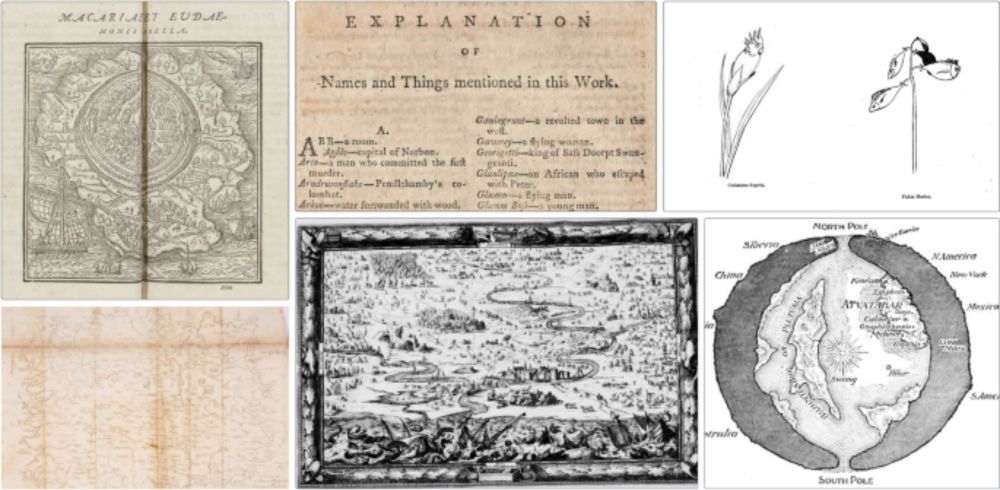


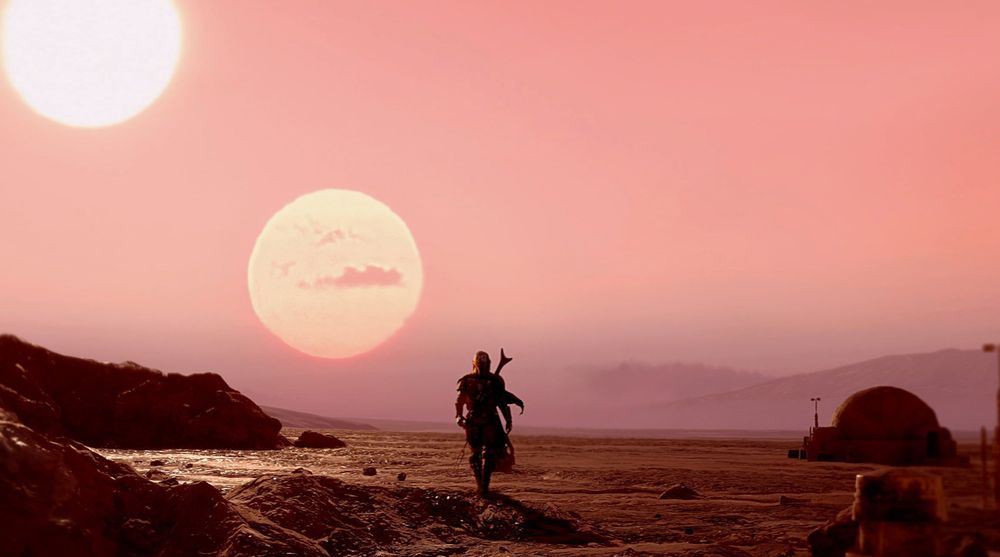

This riddle is thousands of years old, but why does it stick with us?
In our new paper, we argue that the feeling of insight might explain the lasting success of some cultural products: tinyurl.com/4j756h9a
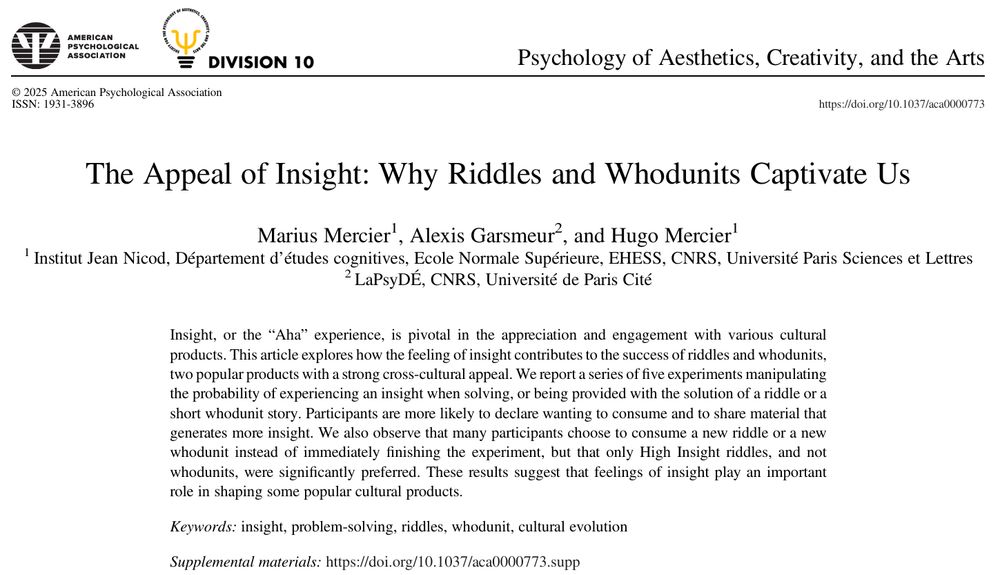
This riddle is thousands of years old, but why does it stick with us?
In our new paper, we argue that the feeling of insight might explain the lasting success of some cultural products: tinyurl.com/4j756h9a
Science is, in essence, designed to separate the true from the false.
Understanding how falsehoods spread is key to the scientific endeavor. It is not a violation of free speech to be proven wrong.
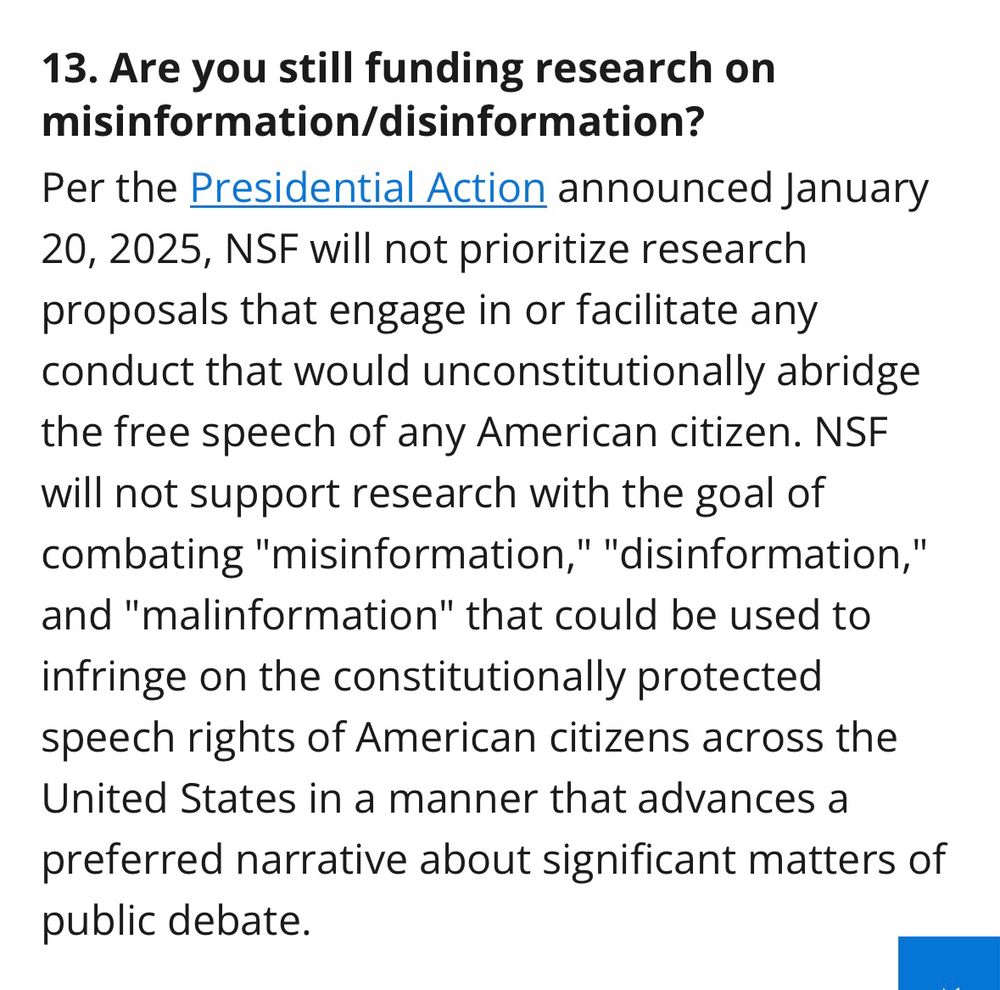
Science is, in essence, designed to separate the true from the false.
Understanding how falsehoods spread is key to the scientific endeavor. It is not a violation of free speech to be proven wrong.
Marius Mercier uses #Bayesian models to predict particiapant judgements
➡️ finds that that competence judgments are well described by Bayesian models
➡️ predicts participant answers on new questions & integrate info
@mariusmercier.bsky.social #ehbea2025


(Accessible super easily with public transport from Paris)



(Accessible super easily with public transport from Paris)
What are the multiple ways in which social media 'might' affect mental health? What can parents do, given the messy state of the scientific literature? @adigitaltanay.bsky.social discusses this & much more with @orbenamy.bsky.social
tinyurl.com/5eum2vxm
[Jon Haidt Easter Egg in 🧵 below]

What are the multiple ways in which social media 'might' affect mental health? What can parents do, given the messy state of the scientific literature? @adigitaltanay.bsky.social discusses this & much more with @orbenamy.bsky.social
tinyurl.com/5eum2vxm
[Jon Haidt Easter Egg in 🧵 below]


